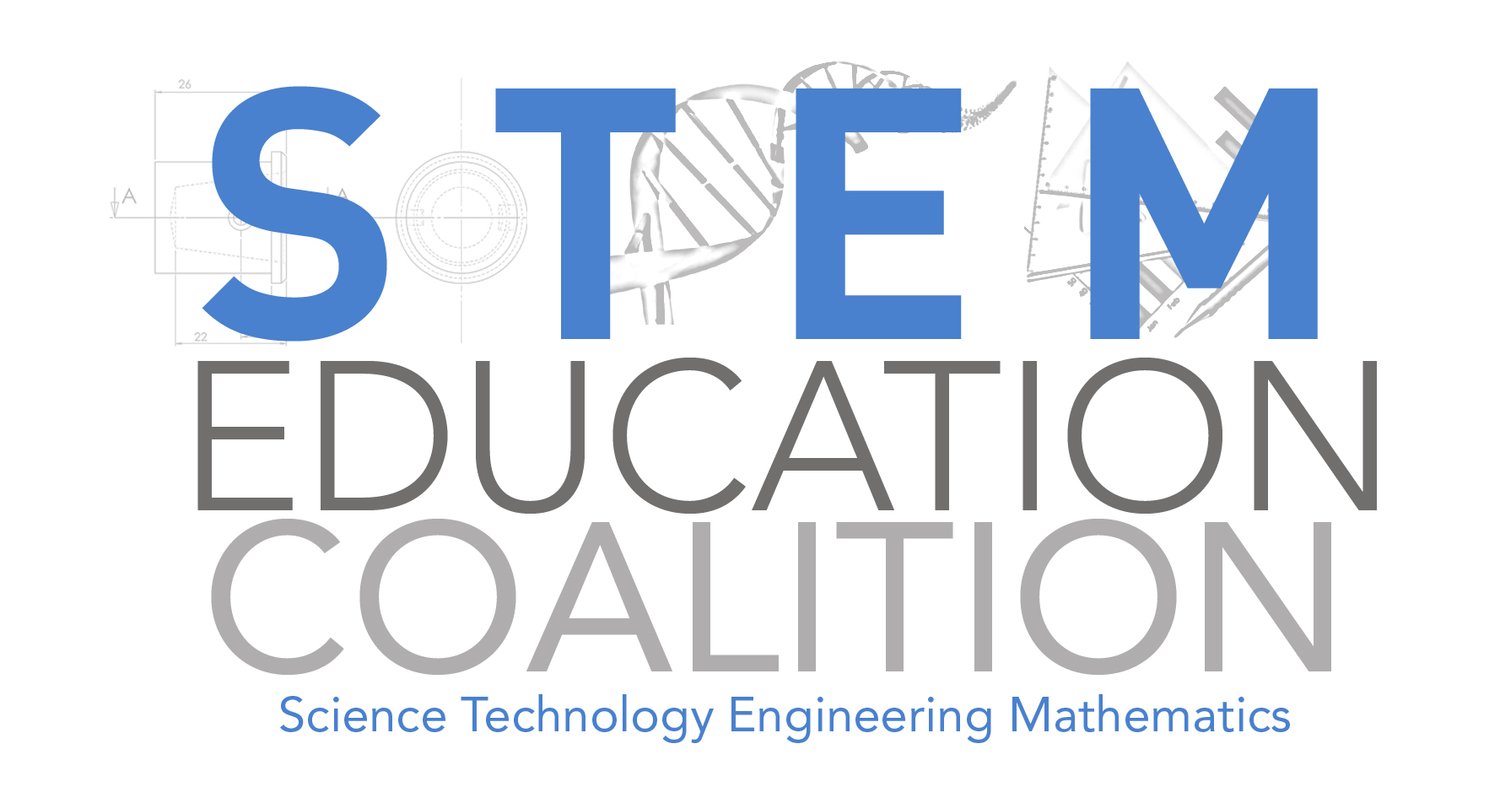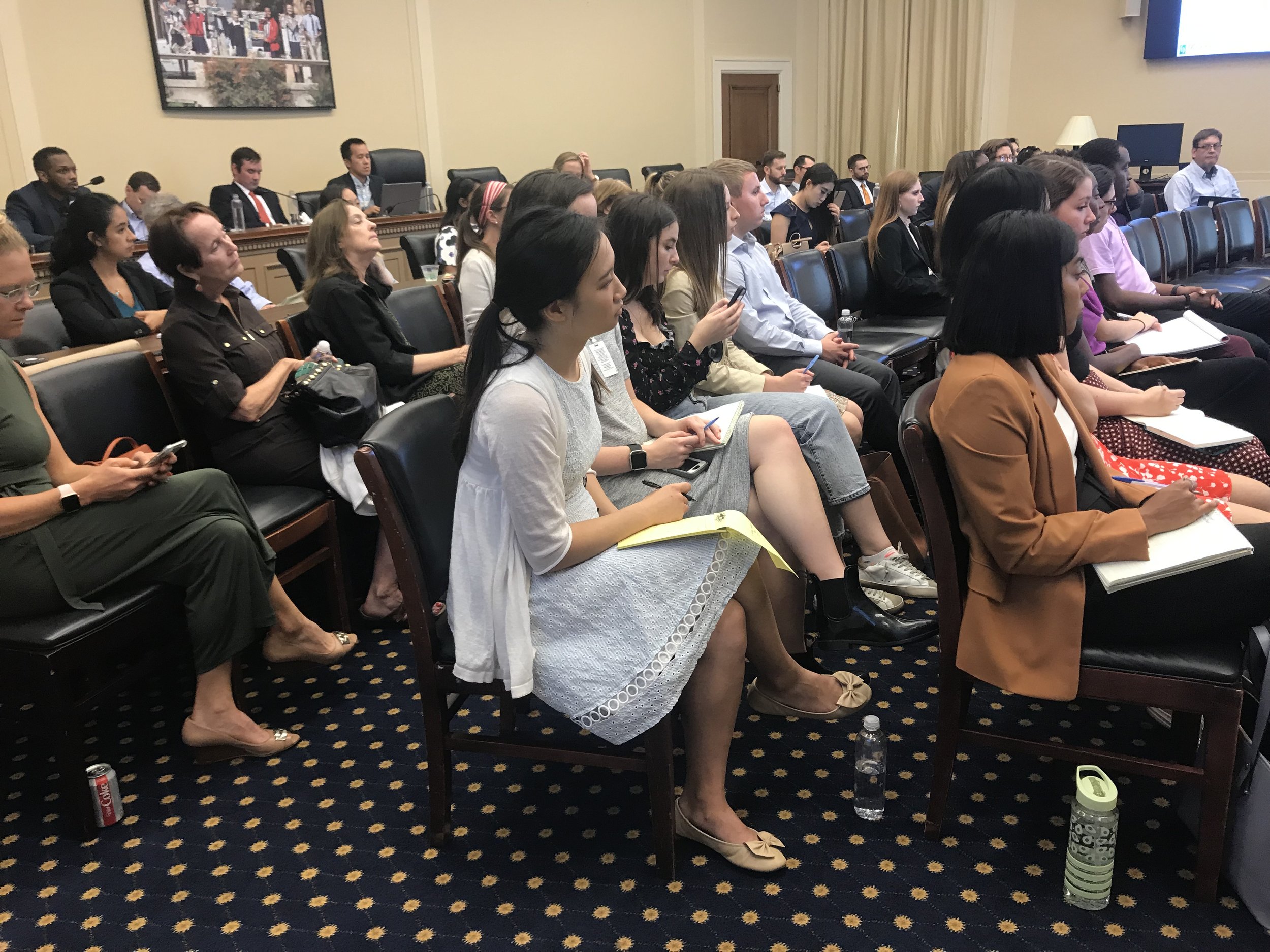Coalition Hosts Congressional Briefing on Healthy Learning Environments for STEM Students
On Wednesday, July 31, the STEM Education Coalition co-sponsored a congressional briefing titled, “Aspects of a Well Rounded STEM Education: Mental Health and Learning Environments for Students and Educators,” exploring key steps in creating school environments prioritizing student engagement, learning, and mental well-being. Dr. Ann Bonitatibus, Principal of Thomas Jefferson High School for Science and Technology (TJHSST), spoke on current actions and future plans at TJHSST to create a culture that prioritizes student wellness. These include steps such as ending required summer coursework for advanced placement courses and developing a mental wellness coalition to bring parents, students, administrators, and educators to the same table to discuss challenges and solutions to improving and maintaining a healthy learning environment for students. All the panelists underscored that teachers are not mental health professionals and can’t be expected to effectively treat the mental health challenges students are facing. Dr. Kathleen Minke, Executive Director of the National Association of School Psychologists, urged that high achieving youth may experience more anxiety than other children and adolescents. The desire to be perfect is one major factor partly responsible for creating children’s anxiety and depression and multi-tiered systems of support can help create a classroom culture supporting mental wellness. It is important for schools to provide the necessary services for students early, but this is challenging because of a shortage of mental health professionals in schools. This scarcity can be addresses by better compensating teachers and mental health professionals and preparing teachers better to help manage children who are struggling to eliminate burnout, Minke outlined. Dr. Rena Subotnik, Director of the Center for Psychology in the Schools and Education at the American Psychological Association (APA), described the research she conducted at the Juilliard School on high performance psychology, which is used to assist individuals in achieving optimal performance in their domain of choice. Julliard offers classes, such as Psychological Skills of Top Performers and the Science of Resilience. According to Subotnik, skills that are taught to athletes and entertainers to manage stress and anxiety can also be taught to students expected to “perform” in high-skilled fields such as STEM.



